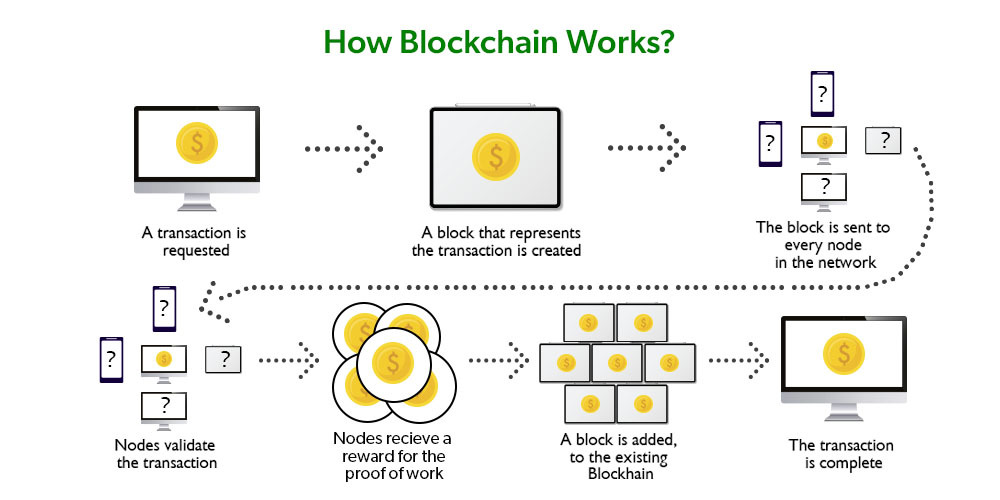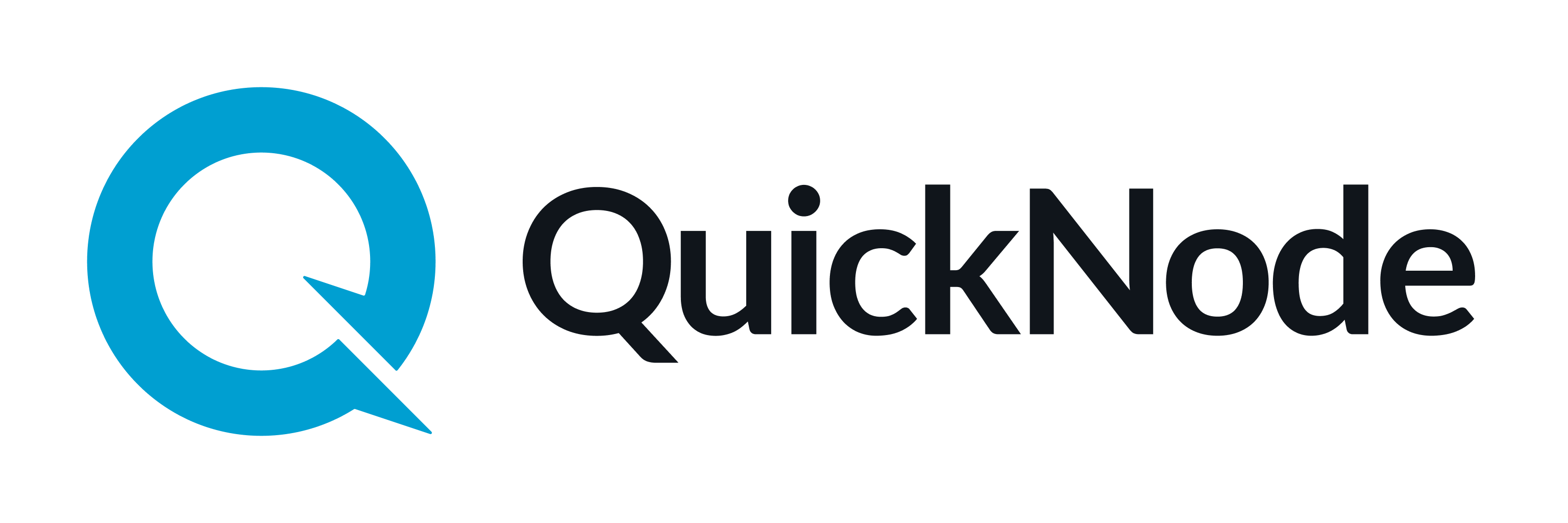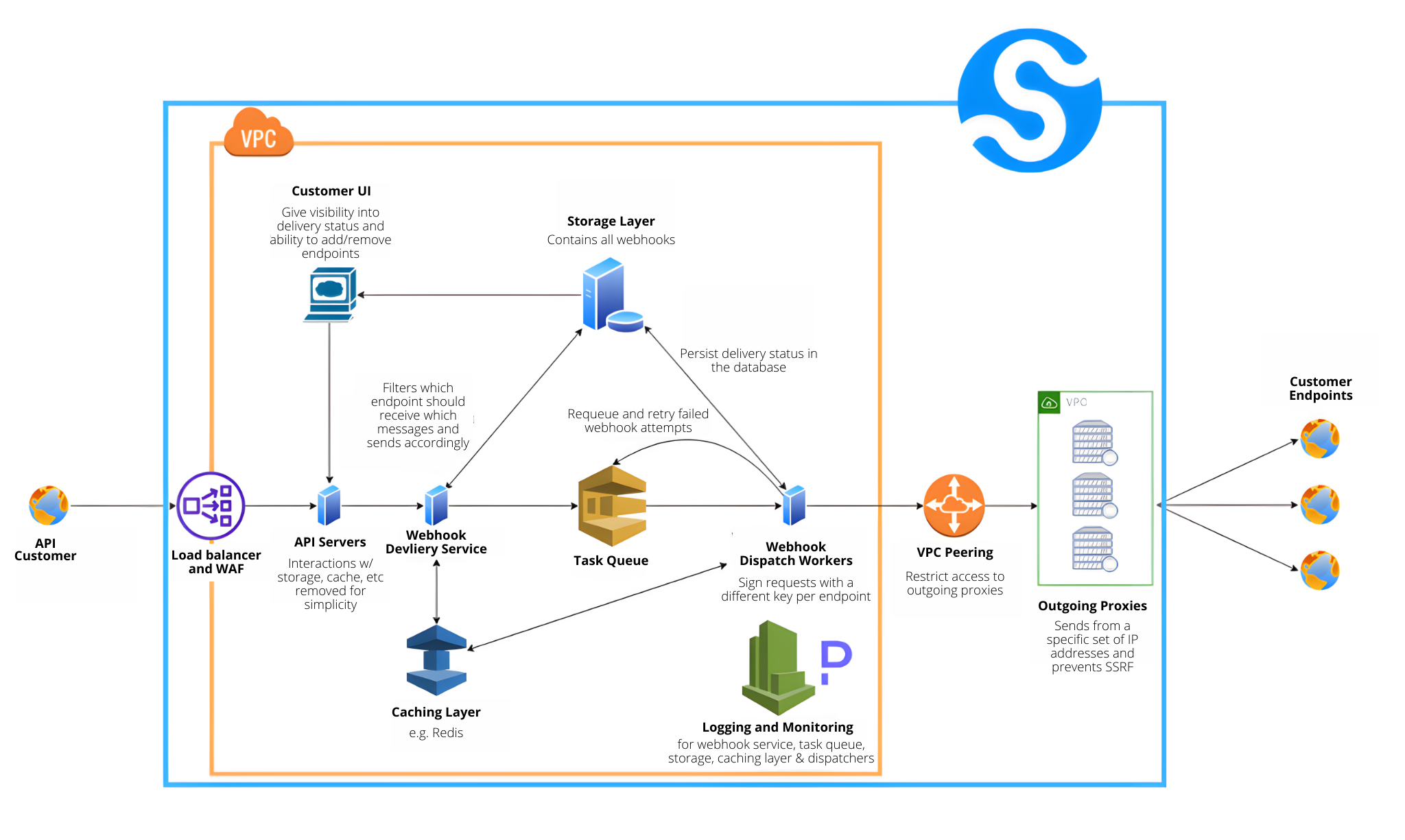Running your own blockchain nodes is a pain in the ass.
I learned this the hard way when my self-hosted Ethereum node went out of sync during a crucial De
Fi transaction, costing me $200 in failed gas fees.
QuickNode exists because maintaining blockchain infrastructure yourself sucks.
This isn't just my experience
- check out this Stack Overflow thread where developers constantly struggle with Geth synchronization issues, disk space problems, and memory consumption.
The Ethereum community forums are filled with node operator horror stories, and even experienced developers recommend managed solutions for production apps.
The Node Management Nightmare


Here's what you deal with when running your own nodes:
Ethereum nodes eat storage like crazy
- My geth node consumed 800GB in 6 months.
When it hit the disk limit, everything stopped working until I scrambled to add more storage at 2 AM.
Solana nodes are even worse
- They randomly stop responding, require constant babysitting, and the documentation assumes you're running on a $5000/month server.
Most indie developers can't afford the recommended 256GB RAM.
Check the Solana Discord where validators constantly complain about performance issues.
The Solana validator requirements are brutal, and community guides acknowledge that most home setups fail miserably.
Network upgrades break everything
- Every protocol upgrade means manually updating your node software.
Miss one and you're suddenly serving stale data to your users without realizing it.
Quick
Node handles this bullshit for you. Their nodes stay synced, they handle upgrades, and when something breaks, it's their problem, not yours.
What Actually Costs Money
Let's be honest about pricing because their website makes it confusing:
Free tier: 10M credits sounds generous until you realize a simple `eth_get
Balance` call costs 14 credits.
If you're polling balances every 10 seconds for 100 users, you'll burn through the free tier in about a week.
Growth plan at $49/month: Gets you 100M credits, which is actually decent for most indie projects.
Includes Web
Socket connections that don't randomly disconnect (looking at you, Infura).
Scale plan at $249/month: 1.5B credits.
This is where most production apps end up. The overage charges are $0.50 per million credits, so budget accordingly if your app goes viral.
Enterprise plans: Custom pricing, but expect to pay serious money.
One startup I know hit $3000/month when their NFT marketplace took off.
Multi-Chain Reality Check
They support 70+ chains, but here's the truth: you probably only care about 3-5 of them.
Most projects use Ethereum mainnet, a Layer 2 like Arbitrum or Polygon, and maybe Solana or BSC.
The chains that actually matter:
- Ethereum
- works reliably, expensive gas
- Arbitrum/Optimism
- Layer 2s that actually work
- Polygon
- cheap but occasionally congested
- Solana
- fast when it's not down
- Base
- Coinbase's L2, growing fast
The other 65 chains?
Most are ghost towns or experiments. Quick
Node adding support for "emerging networks" is mostly marketing fluff.
Performance Reality
Their "2.5x faster" claim is based on specific benchmarks, but in practice, all the major providers (QuickNode, Alchemy, Infura) are fast enough for most applications. The real difference is reliability and cost structure.
What actually matters:
- Uptime consistency: Quick
Node's nodes rarely go down, unlike self-hosted solutions
- WebSocket stability: Connections stay open instead of randomly disconnecting
- Support quality: When shit breaks, they actually respond (usually within a few hours)
When You Actually Need QuickNode
Skip QuickNode if: You're just learning Web3, building a simple dapp with low traffic, or only need basic Ethereum mainnet access (Infura's free tier works fine).
Use QuickNode if: You need multi-chain support, can't afford downtime, are building anything that makes money, or you're tired of node maintenance headaches.
Real production experience: I migrated from self-hosted nodes to Quick
Node after my Ethereum node crashed during a product demo. The migration took 2 hours, mostly updating RPC URLs. Haven't had a single outage since, and my stress levels dropped significantly.



